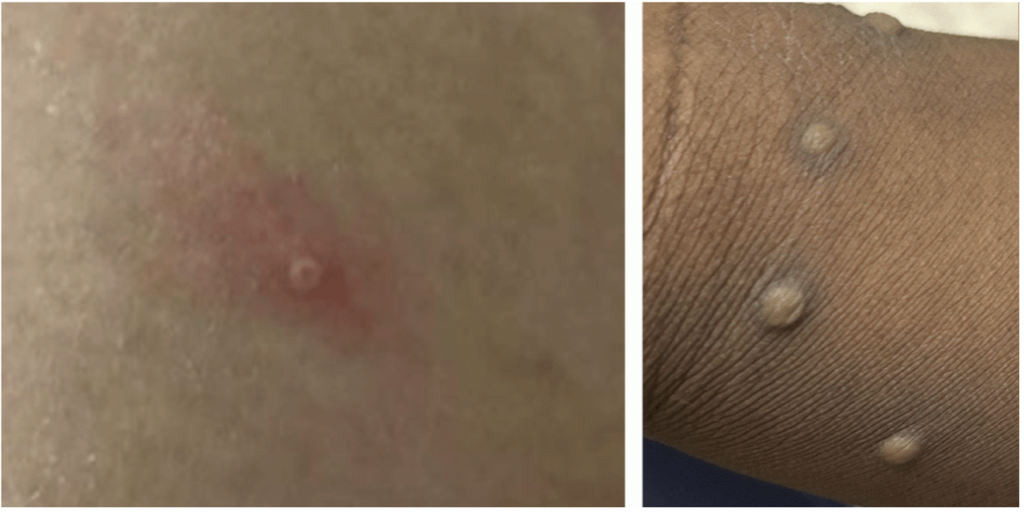
As of Monday, Davidson County has three lab-confirmed cases of monkeypox, a virus that began popping up in unexpected parts of the world in May. Nashville’s cases are the first identified in Tennessee, but they do not appear connected.
No details have been released about the newer patients except that they are not considered close contacts of each other. The first patient is a man who recently traveled to a country with confirmed monkeypox cases.
“Our investigation team has found no link between any of our first three cases,” Matthew Peters, spokesperson for the Metro Public Health Department, said in an email.
The lack of contact between the cases doesn’t mean the virus isn’t spreading in Tennessee — just that it hasn’t been detected. Epidemiologists tell NPR the U.S. is vastly undercounting cases because of limited testing capabilities. The Centers for Disease Control and Prevention says men who have sex with men make up “a high number” of cases, though anyone who has been exposed is at risk.
Though not transmissible through the air like COVID, monkeypox is contagious — often acquired through intimate contact.
“Monkeypox is a much more difficult disease to transmit than others, such as COVID-19, and requires close physical contact to spread,” Dr. Demetre Daskalakis, CDC’s director of the division of HIV/AIDS, says in an FAQ video. “Monkeypox is not something you will pick up walking by someone in the grocery store.”
Monkeypox often starts with flu-like symptoms but usually includes a rash that looks like pimples and blisters around the mouth, hands or genitals. Some patients only have the rash. The symptoms are similar to smallpox only more mild and rarely fatal. The smallpox vaccine even provides some protection since the two are in the same family of viruses.
According to the CDC, the virus is primarily spread by contact with an active rash or scabs, which take more than two weeks to heal. Bodily fluids can also spread the virus if they get into the eyes, nose or mouth.
The CDC is tracking cases on a state-by-state map. While public health officials don’t expect transmission to reach anywhere close to the COVID pandemic, high-capacity laboratories including Nashville-based Aegis Sciences are ramping up testing this week.

